One game that I have wasted far too much time on since passing quals has been Squad Software’s Kerbal Space Program. Kerbal Space Program is a game that puts you in charge of a space agency, throws an infinite number of rocketry parts at you, and lets you stick them together in almost any arbitrary way to construct spacecraft. The Kermen are a fairly bold lot – even with me in charge of rocket design, they still keep signing up. 😛
Anyway, you can build just about anything in this game. Orbital rockets, space stations, bases on other planets. With version 0.19, you can dock and un-dock modules that you launch to assemble arbitrarily complicated structures in orbit or elsewhere.
The fascinating thing about this game, apart from the completely freeform nature of what you can build, is the physics. The game physics are very challenging, because of the realism involved. If you play this game, and want to accomplish the more interesting stuff (landing your astronauts on the moon, getting them to rendezvous in orbit, getting them to another planet without running out of fuel), you’ll find yourself learning a great deal about orbital mechanics, and the basics of astronautical engineering and spaceflight. I’m an astronautical engineer, so I may have an advantage in this department – but it’s fascinating how easy it is to learn things when you are playing with it – when you can interact with a world and watch it respond in the context of a game.
As you build ever more complicated rockets, you’ll find yourself intuitively understanding things like why we stage them, how they fly, how you get into orbit, why Neil Armstrong and the rest of the lunar lander pilots had nerves of steel.
Version 0.19 also includes the rest of the Kerbal’s solar system. Pictured below are the Kerbal version of Mars (Duna), a sort of golden-age Venusian planet (Eve), and what happens when I try to land a lander in planetary gravity.
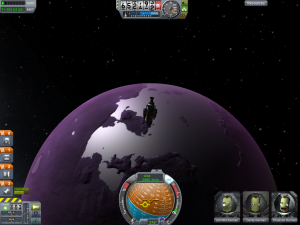
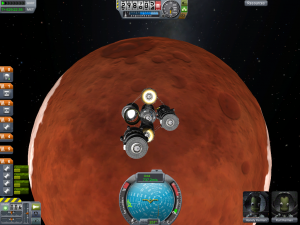

Carmly’s still thrilled to be on the surface and alive. The Kerbals are gung-ho like that. 😛 (For various values of alive). Lander 2 is still up there. Theoretically in the hands of a competent pilot, it could rescue him.
Hillariously exploding ill-assembled vehicles, and crashed landers aren’t the only threat to your overly trusting astronauts. Nothing quite conveys the eerie tension of interplanetary flight like this game. Watching your safe blue homeworld dwindle into a tiny dot lost against the stellar background. If you’ve got your carefully assembled mothership into solar orbit, then you’re still mostly at the mercy of solar gravity. Make a wrong move on your delicate maneuvers, and you may end up having to orbit the sun for an extra 3 years, or blow your maneuvering margin and get trapped millions of miles from anything.
Anyway, if you want a very fun crash course in what realistic space-travel is like, I can’t recommend this game highly enough.
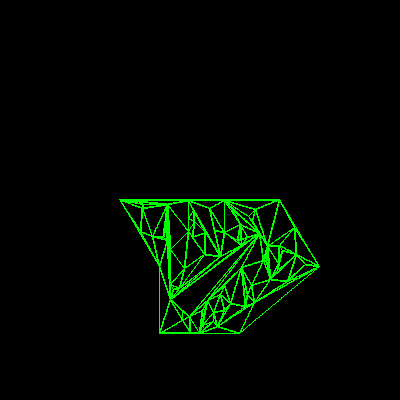

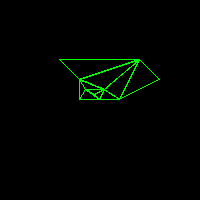





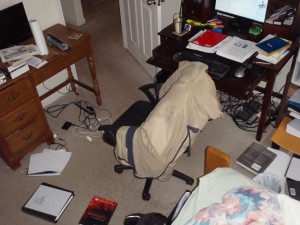
Recent Comments: